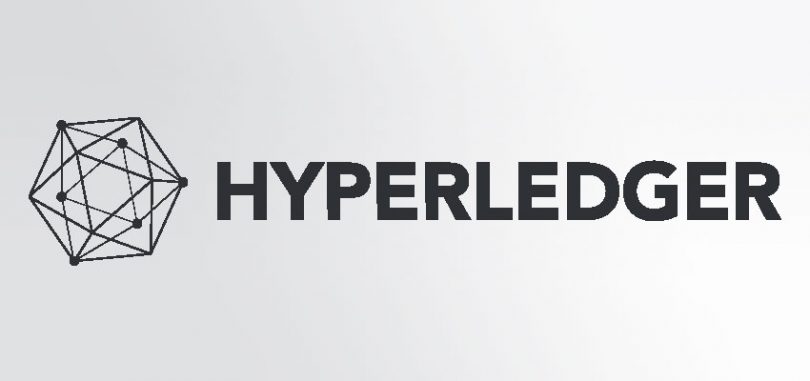Today Hyperledger announced its fourth production blockchain protocol, Hyperleder Iroha has reached release phase. It joins the Hyperledger Fabric and Sawtooth blockchain protocols, and Hyperledger Indy the identity framework which have passed the production milestone.
Hyperledger is the 270 member strong consortium which creates the open source technology to enable enterprises to build blockchain applications across a variety of industries.
Iroha was developed by Japanese blockchain startup Soramitsu and the 2016 proposal to join Hyperleder was sponsored by Hitachi, NTT Data and Israeli blockchain company Colu. The original aim was to enable developers to contribute using C++ and to focus on mobile applications. Its longer-term goal is to simplify implementing blockchain applications.
Even though the core code is developed in C++, developers can write applications in Java, Javascript, Python and iOS.
Iroha’s initial focus areas are finance and identity. Soramitsu’s website has a long list of high profile Japanese use case partners including Hitachi, Honda, NTT Data, Panasonic, Sony and Unisys, but there are few details of these projects. However, one initiative with a high profile partner is the National Bank of Cambodia where Iroha is being used to explore payment infrastructures.
Plus there’s D3Ledger which was originally a research project initiated by Central Security Depositories (CSDs) including Russia’s National Securities Depository (NSD) to explore the use of blockchain to create a distributed securities depositary.
“Global business is always terrific, and we had looked for the solution that fits our requirements in terms of a solution that is 100% open-sourced, oriented to specific needs of our task: account management, and KYC and supportive in terms of community,” said Alexander Yakovlev, NSD. “Iroha’s existing adoption experience in several countries and practical case with Cambodian central bank were additional benefits.”
Iroha may be a little less mature than other Hyperledger projects. Firstly the GitHub repositories indicate the initiative is more dependent on Soramitsu compared to other projects with broader contributor bases. Plus the current consensus mechanism is simply ‘fault tolerant’. Many blockchains implement Byzantine Fault Tolerance (BFT) which also is resistant to malicious actors. BFT is on the Iroha roadmap.






